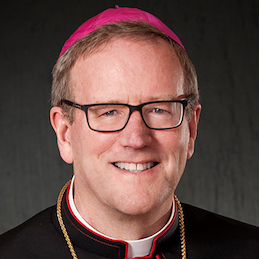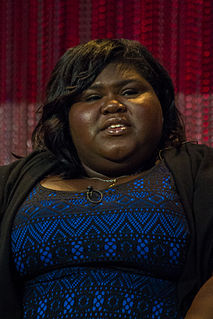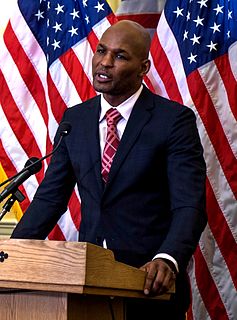A Quote by Helen DeWitt
There is a strange taboo in our society against ending something merely because it is not pleasant-- life, love, a conversation, you name it, the etiquette is that you must begin in ignorance & persevere in the face of knowledge, & though I naturally believe that this is profoundly wrong it's not nice to go around constantly offending people.
Related Quotes
We have heard of a Society for the Diffusion of Useful Knowledge. It is said that knowledge is power, and the like. Methinks there is equal need of a Society for the Diffusion of Useful Ignorance, what we will call Beautiful Knowledge, a knowledge useful in a higher sense: for what is most of our boasted so-called knowledge but a conceit that we know something, which robs us of the advantage of our actual ignorance? What we call knowledge is often our positive ignorance; ignorance our negative knowledge.
Despite popular theories, I believe people fall in love based not on good looks or fate but on knowledge. Either they are amazed by something a beloved knows that they themselves do not know; or they discover a common rare knowledge; or they can supply knowledge to someone who's lacking. Hasn't everyone found a strange ignorance in someone beguiling? . . .Nowadays, trendy librarians, wanting to be important, say, Knowledge is power. I know better. Knowledge is love.
The world is hard and cruel. We are here none knows why, and we go none knows whither. We must be very humble. We must see the beauty of quietness. We must go through life so inconspicuously that Fate does not notice us. And let us seek the love of simple, ignorant people. Their ignorance is better than all our knowledge. Let us be silent, content in our little corner, meek and gentle like them. That is the wisdom of life.
The Bible constantly warns against a merely mercenary relationship with God - a friendship of convenience or self-interest. We should not love God simply because doing so will produce many consolations in our life. We must enter a true relationship, were we fall in love not with His benefits, but with Him.
Science enhances the moral value of life, because it furthers a love of truth and reverence-love of truth displaying itself in the constant endeavor to arrive at a more exact knowledge of the world of mind and matter around us, and reverence, because every advance in knowledge brings us face to face with the mystery of our own being.
I've always wanted a normal life, and this is what I got. Being an actress wasn't a plan at all, so what's happened to me is very strange. Life isn't very normal, even though I'm still very much a normal girl. I ride the subway, I ride the bus, and all of that. It's the people around me that have changed. I love when I go to a restaurant and I walk past, and everyone waves. That's always really funny. It's strange. It just goes to show that whatever plan you have for your life, you are wrong, a lot of times.
You can deny all you want that there is etiquette, and a lot of people do in everyday life. But if you behave in a way that offends the people you're trying to deal with, they will stop dealing with you...There are plenty of people who say, 'We don't care about etiquette, but we can't stand the way so-and-so behaves, and we don't want him around!' Etiquette doesn't have the great sanctions that the law has. But the main sanction we do have is in not dealing with these people and isolating them because their behavior is unbearable.
The mythology around colorblindness leads people to imagine that if poor kids of color are failing or getting locked up in large numbers, it must be something wrong with them. It leads young kids of color to look around and say: "There must be something wrong with me, there must be something wrong with us. Is there something inherent, something different about me, about us as a people, that leads us to fail so often, that leads us to live in these miserable conditions, that leads us to go in and out of prison?"
I want to expand the question of when something is done. I want to vex the ending. I want to mess around with that. I like the idea that if you make a work that has no clear ending, then you must play with the ending. Because if you don't, you're not highlighting the weird, lovely openness of abstraction.
Shame is the proper reaction when one has purposefully violated the accepted behavior of society. Inflicting it is etiquette's response when its rules are disobeyed. The law has all kinds of nasty ways of retaliating when it is disregarded, but etiquette has only a sense of social shame to deter people from treating others in ways they know are wrong. So naturally Miss Manners wants to maintain the sense of shame. Some forms of discomfort are fully justified, and the person who feels shame ought to be dealing with removing its causes rather than seeking to relieve the symptoms.
That's my number one thing I tell people: Be patient, because love comes to you naturally. Once you look for it, you choose the wrong person. Everything happens naturally; people come into your life when you're ready. When it's meant to be, it's destined for it to happen, so you're going to meet The One, one day.
We are accustomed to repeating the cliché, and to believing, that 'our most precious resource is our children.' But we have plenty of children to go around, God knows, and as with Doritos, we can always make more. The true scarcity we face is practicing adults, of people who know how marginal, how fragile, how finite their lives and their stories and their ambitions really are but who find value in this knowledge, even a sense of strange comfort, because they know their condition is universal, is shared.






































